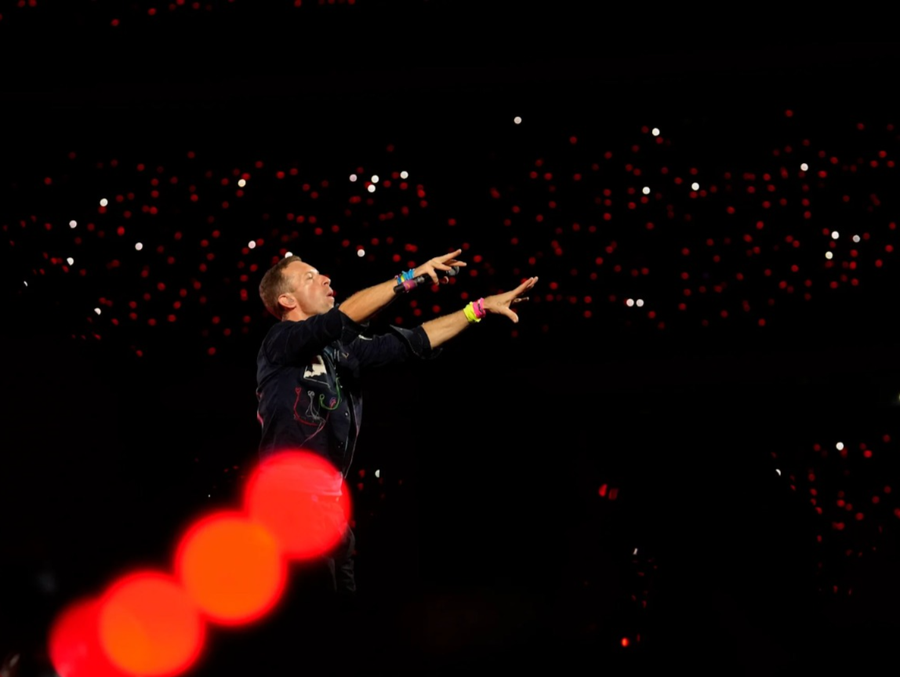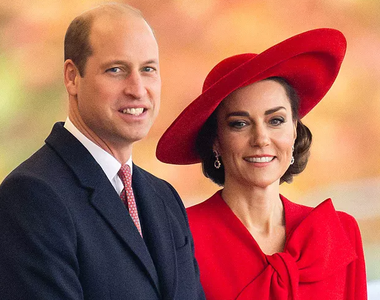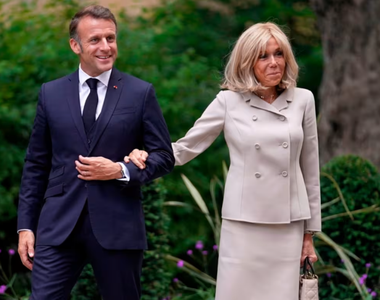
A seemingly innocuous moment during a Coldplay concert went viral when a “KissCam” captured a couple trying (unsuccessfully) to avoid the camera. Within hours, the video had spread across social media with memes, parodies, and speculation about their identities.
Online users wasted no time in figuring out who they were. Tech company Astronomer later confirmed that the people in the video were its CEO and head of human resources. As a result of the revelation, the CEO resigned over the weekend.
The event sparked broad discussions about business ethics, the responsibility of executives, and the consequences of conflicts of interest. But it also opened up a larger debate: in an increasingly interconnected online world, does privacy in public spaces still exist?
From security cameras to everyone's phone, footage of our daily lives can be filmed and shared at any moment. In venues like stadiums and concerts, viewers have become part of the spectacle. And while these moments once remained within the place where they occurred, today they spread rapidly online.
Professor Ellis Cashmore, author of the book "Celebrity Culture", points out:
"We can no longer talk about privacy in the traditional sense. If you're at a concert with hundreds of people, you can't expect privacy."
After the video broke online, what experts call “doxing,” the identification and public exposure of individuals in the video, also occurred. The LinkedIn accounts of both employees were shut down, and the media was unable to reach either for comment.
Even people who weren't in the video were mistakenly included. A woman who was near the couple was commented on and judged, claiming to be an employee of the company, which was later officially denied.
Mary Angela Bock, a lecturer at the University of Texas, says:
"It's not just the camera that poses a risk, but the distribution system. A moment can go viral and have real, emotional and professional consequences for those featured in it."
As technology advances rapidly, society seems to have not kept pace with ethical rules. Experts raise concerns that, in the pursuit of entertaining ourselves and others online, we often forget the consequences for individuals who become viral "objects."
“Social media has changed a lot,” says Bock.
“But we have not yet developed a responsible culture to cope with it.”
But until rules or laws are put in place, Bock says we all need to be aware and think carefully before sharing a video.





